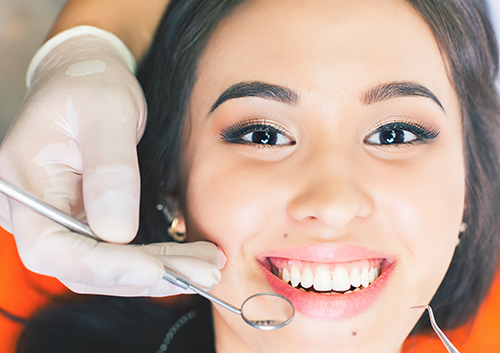How a High-Tech Office Helps Your Dental Treatment
November 26th, 2025

A dental office on the cutting edge of technology offers numerous benefits to its patients. Whether you are in need of a simple cleaning or extensive restorative work, these technologies will help you stay more comfortable and give you better results than the outdated tools used in many offices. Here are some of the technologies that you can expect to see in our modern dental office:
- Digital radiography – Digital X-rays and imaging expose patients to far less radiation than traditional X-rays. Not only that, but these digital images provide a more detailed and easier-to-view snapshot of what is going on in and around your teeth. They make it easier for patients to see what's going on since we can show them right on the computer monitor. It's also better for the environment because there’s no need for the toxic chemicals used to develop traditional X-ray films.
- Panoramic X-rays – This digital X-ray gives Dr. Cosman, Dr. McDonough, Dr. Levac and Dr. Korcok a more in-depth understanding of the entire structure of your mouth and head than a regular X-ray. The panoramic X-ray machine rotates around your head and takes a 3D image of it, giving us a very complete picture that allows for more effective and timely treatment planning.
- Bioceramic implants, prosthetic devices, and sealants – Advances in implants and prosthetic devices over the past several decades has led to the creation of bioceramic (nontoxic) materials ideal for crowns, veneers, and implants. These materials allow for more visually appealing dental work since there are no metals used with these high-tech ceramics.
- Paperless bills and records – We all know the inconvenience of paper bills and receipts; they can create clutter and get lost. Our office has done away with this trouble by going paperless. This means you'll receive all your pertinent paperwork in your email inbox and records will be kept digitally at the office. No more wall full of patient records!
This is just an overview of the many advances that we’ve made to our Kingston, ON office to make it cleaner, quieter, more comfortable, and more efficient, helping you spend less time in the chair and more time smiling!





